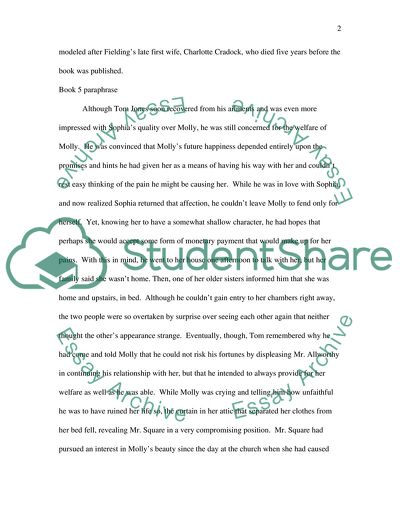Cite this document
(History of Tom Jones by Henry Fielding Book Report/Review, n.d.)
History of Tom Jones by Henry Fielding Book Report/Review. Retrieved from https://studentshare.org/literature/1712872-history-of-tom-jones-by-henry-fielding
History of Tom Jones by Henry Fielding Book Report/Review. Retrieved from https://studentshare.org/literature/1712872-history-of-tom-jones-by-henry-fielding
(History of Tom Jones by Henry Fielding Book Report/Review)
History of Tom Jones by Henry Fielding Book Report/Review. https://studentshare.org/literature/1712872-history-of-tom-jones-by-henry-fielding.
History of Tom Jones by Henry Fielding Book Report/Review. https://studentshare.org/literature/1712872-history-of-tom-jones-by-henry-fielding.
“History of Tom Jones by Henry Fielding Book Report/Review”. https://studentshare.org/literature/1712872-history-of-tom-jones-by-henry-fielding.


